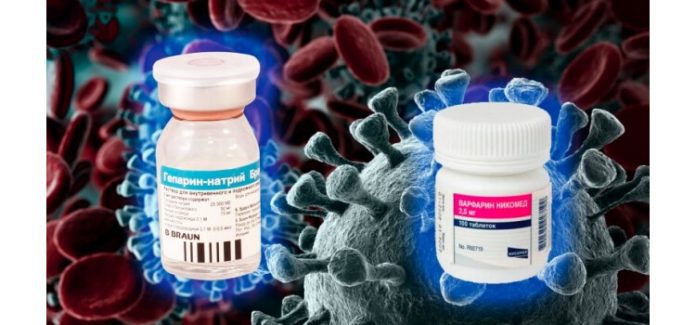Since the onset of the COVID-19 pandemic, anticoagulants – blood thinners – have been widely used in the treatment of COVID-19. Scientists from the United States, Canada, Germany, India, and the UK have conducted a new study to get the most complete data on the effectiveness of anticoagulants for the treatment of hospitalized patients.
According to Medportal.ru, the authors of the study focused on the use of prophylactic and therapeutic doses of heparin in patients with moderate to severe COVID-19. Since April 2020, 2,200 patients, randomly assigned to two groups, received either prophylactic or full heparin for 14 days. Interim results of the study, obtained in December, showed that a therapeutic dose of anticoagulants not only does not reduce the risk of the need for mechanical ventilation but can even harm critically ill patients, for example, lead to bleeding. In this regard, the study was suspended.
However, after a month, the updated results showed that full doses of heparin could be beneficial for patients with moderate COVID-19, so the scientists decided to resume observations.
The final analysis of the study data included more than 1000 patients with severe complications of coronavirus infection and over 2200 with moderate complications. As before, half of the patients received anticoagulant therapy in prophylactic doses, half in therapeutic doses. The participants were followed up for 21 days, during which the researchers examined the effectiveness of different doses of heparin in reducing the need for mechanical ventilation.
A full dose of heparin reduced the risk of mechanical ventilation in patients with moderate COVID-19 by 98.6% compared with patients in the same group who received prophylactic doses of an anticoagulant. Bleeding as a side effect was diagnosed in a small number of participants. And in critically ill patients, anticoagulants reduced the likelihood of thrombosis, but did not in any way affect the need for mechanical ventilation and did not reduce the length of hospitalization.

